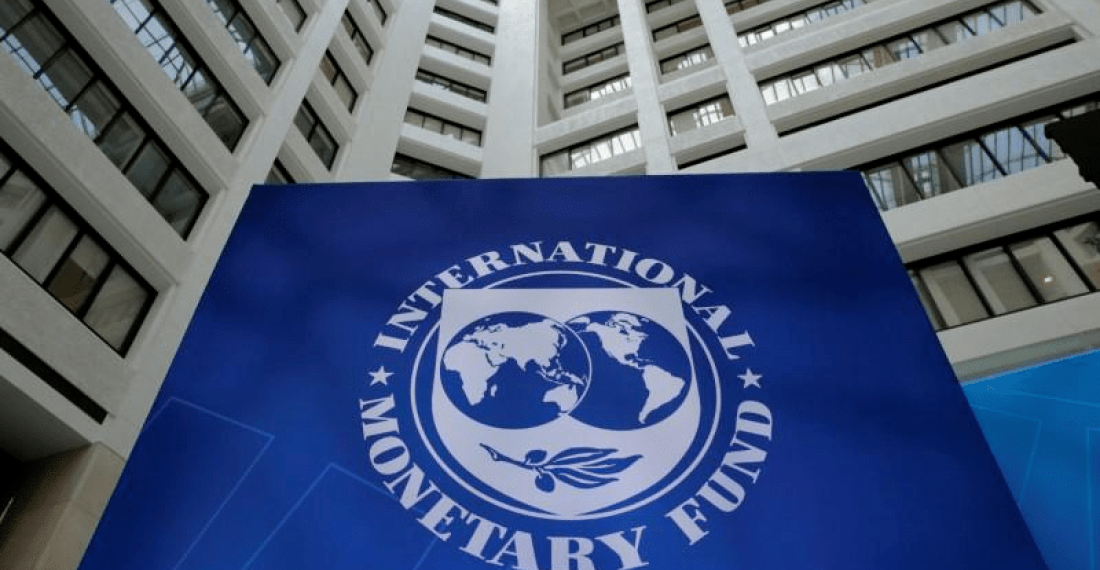On Tuesday (21 March) the International Monetary Fund (IMF) located in Washington D.C. announced that it had reached a staff-level agreement with Ukraine for a 48-month financing package worth about $15.6 billion. The BBC also reports that it is the first loan that the organisation has granted to a country at war.
In a statement, the IMF announced that the Extended Fund Facility (EFF) "aims to support the Ukrainian authorities anchor policies that sustain fiscal, external, price and financial stability, and support the ongoing gradual economic recovery, while promoting long-term growth in the context of post-war reconstruction and Ukraine’s path to EU accession".
The agreement must however still be ratified by the IMF's board, and follows months of negotiations between IMF staff and Ukrainian authorities. The executive board of the IMF is expected to discuss approval in the coming weeks.
Gavin Gray, the IMF's Mission Chief for Ukraine, said, "in addition to the horrific humanitarian toll, Russia’s invasion of Ukraine continues to have a devastating impact on the economy: activity contracted by 30 percent in 2022, a large share of the capital stock has been destroyed, and poverty levels have climbed."
He added that "the overarching goals of the authorities’ program are to sustain economic and financial stability in circumstances of exceptionally high uncertainty, restore debt sustainability, and support Ukraine’s recovery on the path toward EU accession in the post-war period."
Ukrainian Prime Minister Denys Shmyhal praised the agreement and thanked the IMF for its support. Writing on Telegram, he said "in conditions of a record budget deficit, this program will help us finance all critical expenditure and ensure macroeconomic stability and strengthen our interaction with other international partners."






